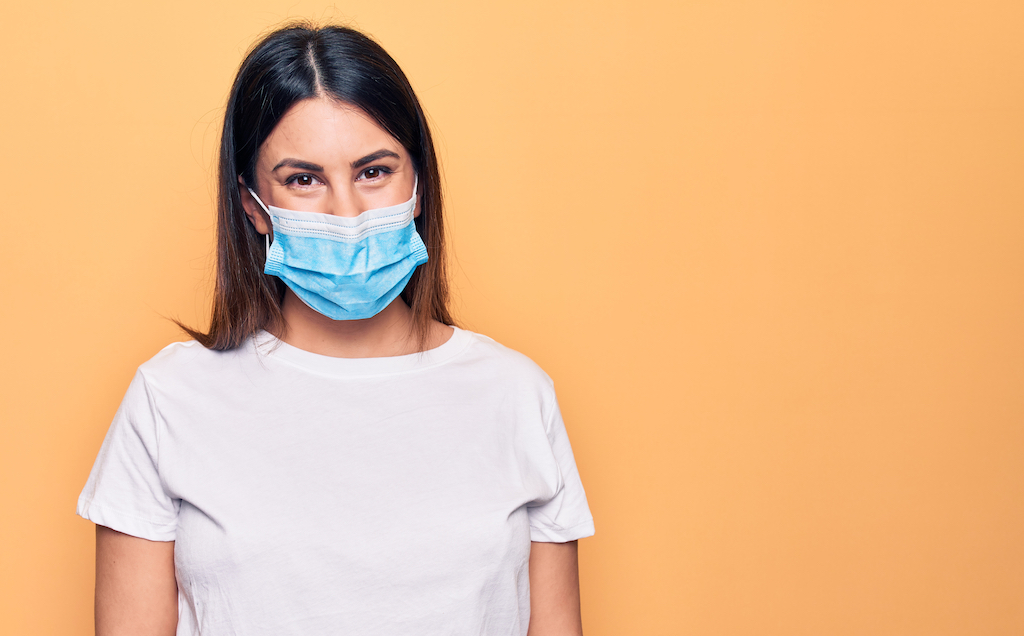Protective masks may be with us for a while as people try to prevent the spread of COVID-19. The good news is that masks do help us slow the spread of the virus to vulnerable populations. The bad news is they can be a pain to wear. In addition to being hot, making our voices muffled, and steaming up eyeglasses, they also take a social toll on us. We can’t see each other’s smiles, and it’s surprising how that changes social interactions, especially in business.

A brief history of smiling
Scientists have long been fascinated by the origins of the human smile. Generally, baring your teeth at a stranger is considered an act of aggression in most species. But in humans, smiling is an instinctive gesture of pleasure and friendliness. Even people born blind who have never seen a smile know how to smile at others.
In a Scientific American article, Frank McAndrew, professor of psychology at Knox College in Galesburg, Ill., who researches facial expressions, says, “Baring one’s teeth is not always a threat. In primates, showing the teeth, especially teeth held together, is almost always a sign of submission. The human smile probably has evolved from that.”
Why we smile
We smile to encourage interaction with others, but most of our social smiles (think waving at neighbors you don’t know well, or meeting the new guy in accounting) are manufactured, not a natural “true” smile. And we know the difference instinctively. Even young children can recognize fake smiles. The key to a true smile involves the eyes, not the lips. Specifically, the muscle group called obicularis occuli, which causes the outer corners of your eye sockets to squint. Most people can’t do that deliberately. It requires a burst of true emotion to activate the muscles.
Smiling behind a mask
Back to masks. Smiles are an important nonverbal signal that we use to put others at ease in business situations, even if the average smile only lasts about four seconds. In situations where you’re dealing with someone who is uncertain or frightened (public safety and medical professionals come to mind), a smile is essential to making others less fearful and helping them trust and relax. Doctors and dentists miss being able to set patients at ease by smiling. It may even impact the effectiveness of their advice and treatment.
So if you’re wearing a mask, you might need to up your nonverbal game in business and social situations. We predict nodding will make a big comeback, as will eyebrow waggles and friendly squinting. For the record, we’ll all have to work on our verbal game as well. Enunciation really matters when you’re talking from behind a mask.
Learning to “smile with your eyes” might be a skill to master in the post-Coronavirus age, along with more expressive gestures. But being able to see smiles is one of the benefits of remote online meetings. Even if you have developed a mild case of Zoom fatigue, you’ll probably appreciate seeing expressive faces on your screen.
But we draw the line at winking. No one misses winking.



